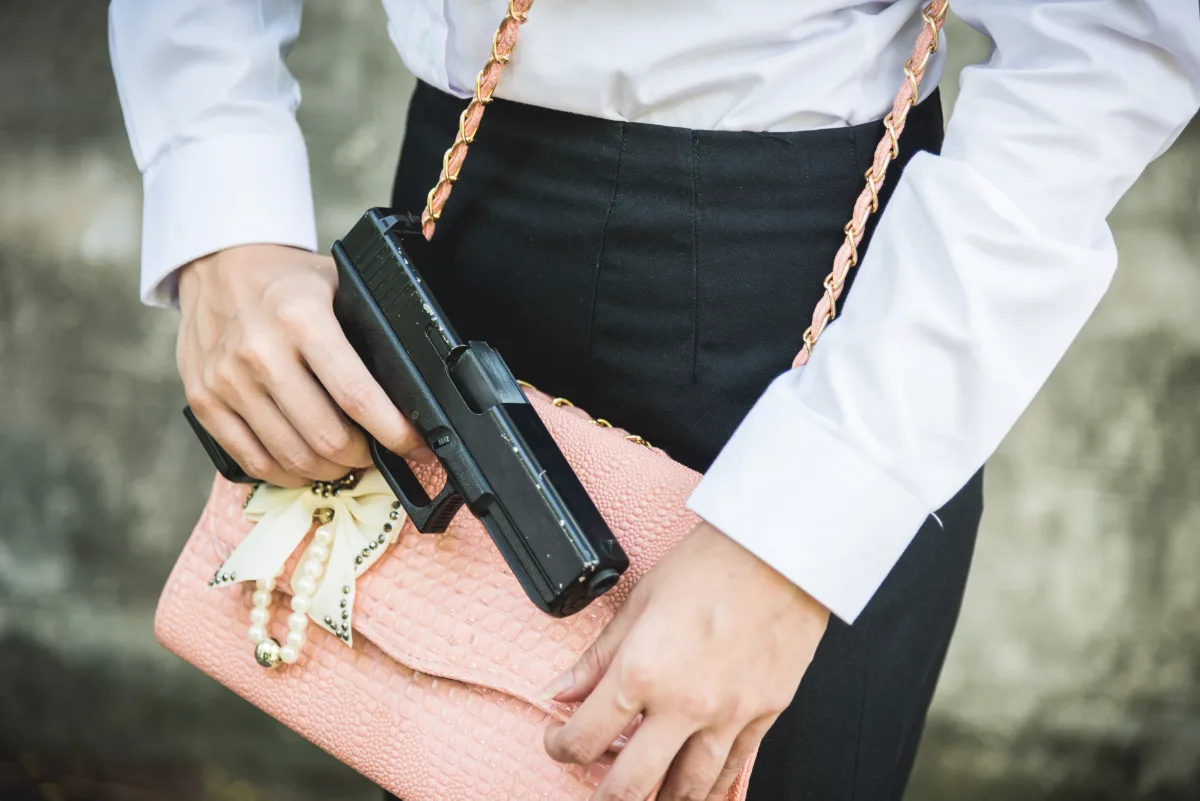WHAT IS THE OFFENSE OF PLACES WEAPONS PROHIBITED IN TEXAS? In Texas, anyone 21 years of age or older who can legally possess a firearm may carry openly or concealed in any place not expressly prohibited by law. The Texas law against places weapons prohibited makes it a crime to...













